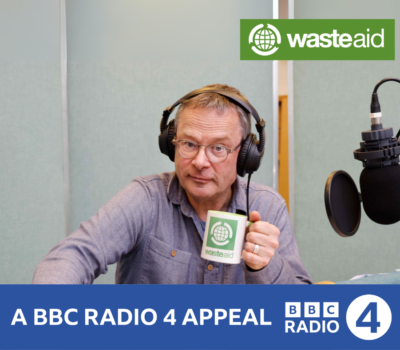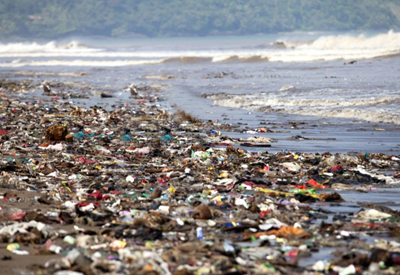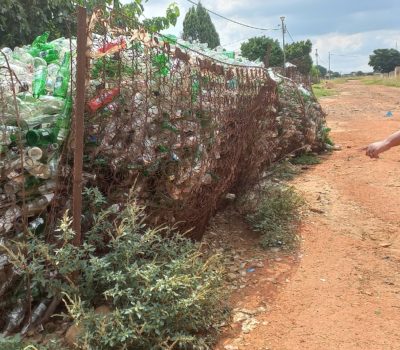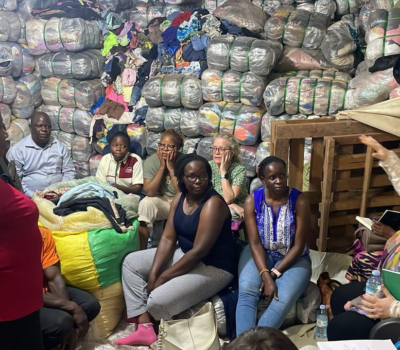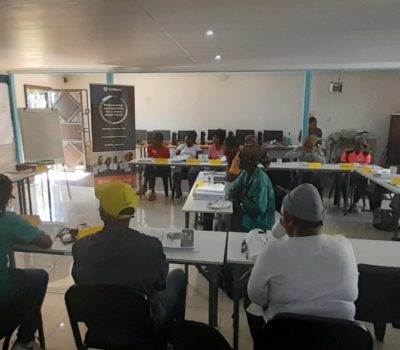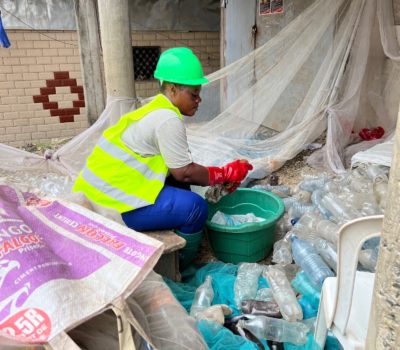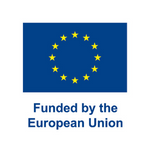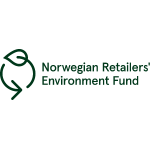Solutions for a cleaner, healthier planet: green entrepreneurship and reinventing waste solutions for a better future.
News, Thought Pieces,
Author: Admin
Published: 16 November 2022
As we come to the end of COP27, this thought piece will examine how WasteAid’s work is helping to address the climate crisis through green entrepreneurship and reinventing waste solutions, two topics that are being covered on Solutions Day at COP27.
It is encouraging to see a focus on these topics at COP27. At WasteAid we believe that support to green entrepreneurship is critical when transitioning to a circular economy and helps to recapture valuable materials to use in new products providing environmental, economic and social benefits.

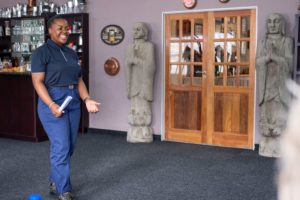
WasteAid believes that there are two key ways to support green entrepreneurs. Firstly, through tailored support to the entrepreneur. So many courses, curricula and business incubation approaches could be better tailored to the waste industry. Through funding from Bunzl PLC, we have been working in South Africa with the Wot-If? Trust to develop a bespoke course to ‘waste-preneurs’ who are working in townships in Johannesburg. These young women and men are individuals who are already working in the world of waste but living very much day to day. Through a holistic and practical curriculum delivered by trainers with lived experience of making a living out of waste, and culminating in a pitch to access funds for a business idea, we are giving these waste-preneurs an opportunity to grow their income earning potential. See a clip below of some of our waste-preneurs in action.
Similarly in The Gambia, WasteAid has a ‘challenge fund’ element to a project supported by the Chartered Institution of Wastes Management (CIWM). It is inspirational to see young entrepreneurs fired up about resource recovery and creating jobs at the same time. Currently three semi-finalists are going through a tailored business support programme and will compete in December for access to capex funding. African Swag is a female-led Gambian-based company making clothing out of bubble wrap, from aprons to shower caps. Green Youth Collective are a group of entrepreneurs making briquets from organic waste, and Plastics Recycling Gambia is led by a Gambian entrepreneur who is working to help set up the first network of aggregators and recyclers across The Gambia. Here the focus is helping those on the first rung of the ladder move up the value chain through tailored business support. See a link to our finalists below.
Finally, as well as bespoke training, access to capex and ongoing venture capital is key. Many green entrepreneurs have the solutions but given the low-risk appetite of investors it is difficult for them to go to scale. In Egypt, as part of Dow’s project REFLEX, WasteAid is working with Alfanar, an Egyptian-based company that specialises in venture philanthropy methodology, to design a challenge competition focused on green entrepreneurship. Three semi-finalists will access £10k of seed capital and business training with a final winner having access to long-term investment capital. The challenge is focused on social enterprises that have market-based solutions to the recovery and reuse of flexible plastics in Aswan and beyond. The challenge is still open for applications until 30th November 2022, to apply click here.
WasteAid believes that by fast-tracking local solutions to the circular economy we will get to net zero faster, but perhaps more importantly we will also ensure that the benefits of the circular economy are shared with the poorest communities we serve.
Written by Michelle Wilson and Rebecca Colley-Jones.

